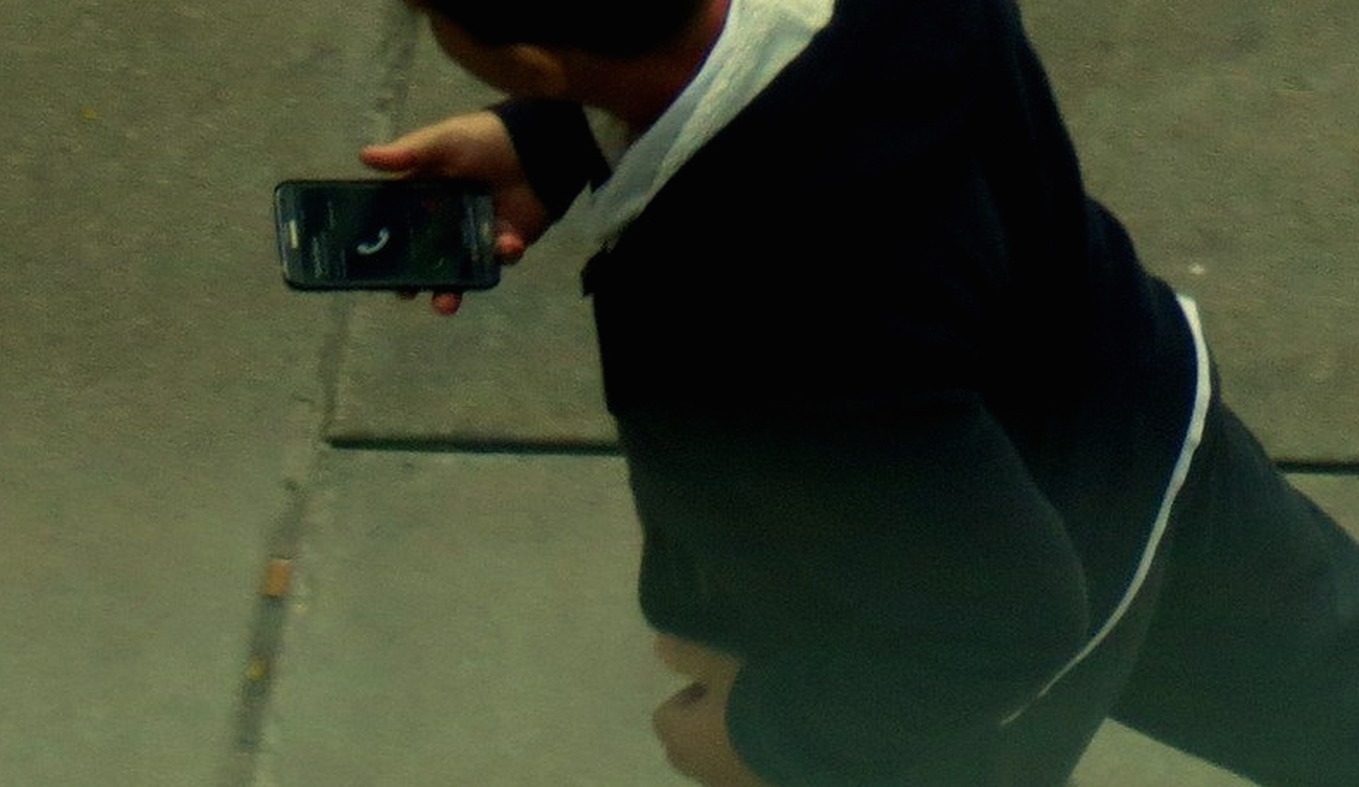DEA Sued Over Secret Mass Surveillance Of Phone Calls
According to the complaint [PDF] filed yesterday in a federal court in California, the DEA is collecting, retaining, searching, and disseminating information about calls made between Rights Watch staffers and people in certain countries — and that all this data gathering is being done “without any suspicion of wrongdoing and without any judicial authorization or oversight.”
HRW argues that this information — which includes the initiating telephone number, the receiving telephone number, the date/time/duration of call, and the method by which the call was billed — being put into the hands of the federal government substantially burdens the organization’s ability to follow through on its mission to defend and promote human rights, and that it violates the callers’ protections under the First and Fourth Amendments.
“The DEA’s program of untargeted and suspicionless surveillance of Americans’ international telephone call records… affects millions of innocent people, yet the DEA operated the program in secret for years,” explains Nate Cardozo, staff attorney for the Electronic Frontier Foundation, which is representing Human Rights Watch. “Both the First and Fourth Amendment protect Americans from this kind of overreaching surveillance. This lawsuit aims to vindicate HRW’s rights, and the rights of all Americans, to make calls overseas without being subject to government surveillance.”
The Mass Surveillance Program detailed in the complaint involves the DEA using its authority under 21 U.S.C. § 876 to issue subpoenas to telecom companies demand the “production of any records (including books, papers, documents, and other tangible things which constitute or contain evidence) which the Attorney General finds relevant or material” to any investigation relate to the enforcement of the Controlled Substances Act.
In this case, subpoenas sought information on calls made by American residents to certain “Designated Countries” — countries determined to have a “demonstrated nexus to international drug trafficking and related criminal activities.”
The DEA has only publicly acknowledged one country, Iran, under this designation, but the complaint notes that the White House has labeled several other countries — Afghanistan, The Bahamas, Bolivia, Burma, Colombia, Costa Rica, Dominican Republic, Ecuador, Guatemala, Haiti, Honduras, India, Jamaica, Laos, Mexico, Nicaragua, Pakistan, Panama, Peru, and Venezuela — as major players in drug production or transit.
Human Rights Watch alleges that the information collected is not held only by the DEA, but is shared with other agencies, including the FBI and Homeland Security.
While it’s been claimed that the Mass Surveillance Program was suspended in 2013, the complaint alleges that the information gathered is still being used, and that the government has not indicated whether the collected info has been purged.
Additionally, notes the complaint, the DEA “could resume bulk collection under 21 U.S.C. § 876 at any time,” and the government “may still be collecting call record information in bulk under other authorities.”
While many of the recent government snooping revelations resulted from Edward Snowden’s leaks about National Security Agency programs, the DEA’s Mass Surveillance Program was unknown to the public until Jan. 2015, when court ordered the agency to provide more details during a criminal case against a man accused of violating export restrictions on goods to Iran.
“Human Rights Watch often works with people in dire circumstances around the world. Our sources are sometimes in life or death situations, and speaking out can make them a target,” said Dinah PoKempner, general counsel of Human Rights Watch. “Who we communicate with and when we communicate with them is often extraordinarily sensitive—and it’s information that we would never turn over to the government lightly.”
Want more consumer news? Visit our parent organization, Consumer Reports, for the latest on scams, recalls, and other consumer issues.


